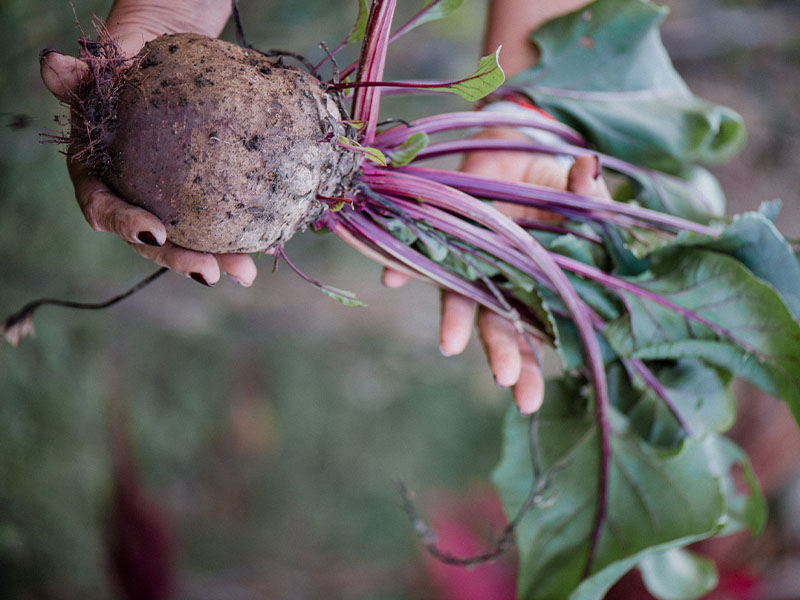
Central Valley Social Science
Categories: Central Valley Social Science | Past
Irrigated agricultural production is likely to adapt to climate change and water uncertainty in unprecedented ways, especially within the Sacramento-San Joaquin Delta (the Delta) which also hosts a fragile ecosystem. This work provides a modeling tool capable of assessing the economic value of agriculture on a fine scale, as well as a method to compare different potential outcomes of crop choice adaptation.
The Open Delta Agricultural Production Model employs data on land use, cost of production, price, yield and applied water to estimate profit-maximizing patterns of Delta crops under varying conditions (Medellin-Azuara et al., 2018). Data for these inputs are available in tabular and shapefile formats from various state and federal agencies and University of California crop Cost and Return studies. The model uses GIS crop acreage shapefiles to generate a tabular dataset of 2014-2017 crop acreages in defined Delta regions. Analysis of raw model input data yields results which may indicate needs for additional quality control.
For example, some widely planted commodities such as corn, alfalfa, and pasture crops may produce borderline or negative net returns on farming, whereas some vegetable crops such as cucurbits (gourds) and potatoes show higher marginal profits, yet these represent a relatively small proportion of the total irrigated area in the Delta. These wide ranges in expected returns may be explained by factors not captured by model, such as market behavior or impacts of resolving commodity level data to crop groups. The model is best served for determining economically optimal solutions to cropping distributions, while utilizing observed patterns as a constraint on adaptation to prevent overspecialization.

The above model area
